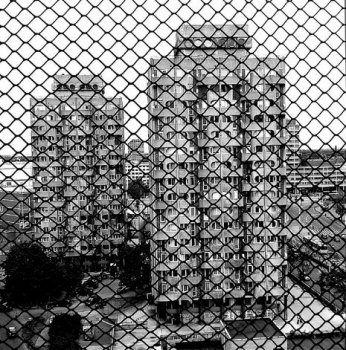
This book is a response to the hope and to the call to unite under the Right to the City banner, giving the floor to a wide range of actors fighting for this right. The wide variety of views, discourses, cultures, and experiences are the guiding themes of this publication.Different ideas are articulated and their differences converged toward the same goal: the right to the city as a banner of the struggle against neoliberalism. This is not an ideological abstraction. What is presented are the effects felt by city dwellers in their daily life, including: lack of access to land and services; insecurity of tenure; evictions for numerous reasons including privatization, property speculation, mega-projects and mega-events; power abuse and trafficking; the deregulation of public spaces; and urban planning in the interests of the few.
The book raises the idea of appropriating the right to the city as a political proposal
for change and as an alternative to urban living conditions created by capitalist
policies, which today are neoliberal. According to Purcell, “Lefebvre’s right to
the city involves the radical reinvention of social relations of capitalism and the
spatial structure of the city.”
This is why Lefebvre stated that “the right to the
city cannot be conceived as the simple right to visit or return to traditional cities.
It can only be formulated as a right to urban, transformed, renewed life.”
This reformulation of urban life offers more equity, where the majority of
dwellers achieve happiness and solidarity, generating and redistributing
the benefits of the city for all. We are aware of the challenges of this particular
aspiration to social justice. Some call it wishful thinking or illusion. We call it
indispensable Utopia for another world to be possible.